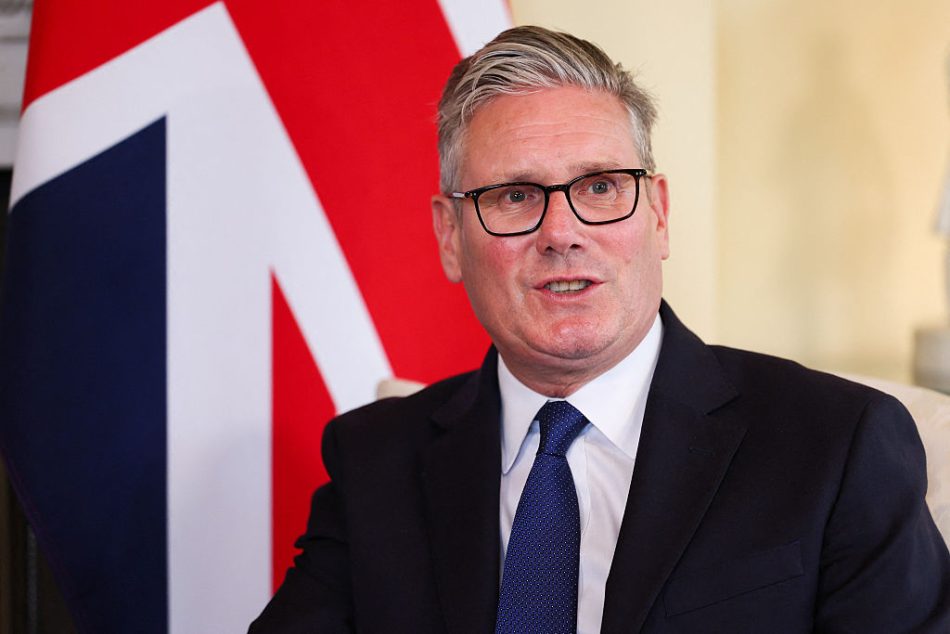
They say it is good to learn new skills as you get older. Well here goes. I am about to arrive in New Haven, Connecticut, to teach as a senior fellow at Yale University. Last time I taught anything to a class it was at Sunday school more than half a century ago. Arriving late at night I see little of the town but then next morning when I draw up the blinds – wow, it’s just like Oxford! In a sense it was meant to be, as Yale’s buildings were to some extent modelled on Oxford and Cambridge. One thing is very different though: there is only one student bar in the university. In my day at Oxford every college had its own bar. Is this a sign of the sobriety of the USA or the sobriety of the young today?
The first afternoon, I am given a guided tour of Yale by Josh, an undergraduate who will be in my class. He tells me how Yale was established. Its key benefactor was Elihu Yale, an official with the East India Company who was persuaded to provide support by his friend Jeremiah Dummer. Perhaps it was for the best that Elihu lent his name to the university – who would want to attend Dummer University? In the Old Campus there is a statue of Theodore Dwight Woolsey. I notice that one toecap is worn and shiny – students rub it for good luck. I tell Josh about the statue of Winston Churchill in Members’ Lobby in the House of Commons and that new MPs rub his toe before making their maiden speech. If this story enters the Yale tour guide, you know where it came from.
My class is international, a mixture of undergrads and post-grads from different academic disciplines. The subject for the semester, ‘Democracy in a Changing World’, touches on nationalism, populism, immigration and much more. What a time to be talking about these issues in the United States. When the first class is over, I hear that President Donald Trump has talked of taking over Gaza and turning it into the ‘Riviera of the Middle East’. Israel was founded on the basis of the Balfour Declaration of 1917. We should never forget that while it committed to a homeland for the Jewish people, it made it clear that should not prejudice the rights of non-Jewish people living in Palestine. I think this is unfinished business for the UK.
Later I turn on the news and try to make head or tail of what is happening to the CIA and FBI under the new administration. I know at first hand the importance of the work they do with our agencies in the UK. Together they keep the UK and USA safe. That work must be allowed to continue.
Unsurprisingly, the academics I speak to are worried about changes to access to the very best higher education. The administration’s plans to tax certain universities more heavily can only result in less funding being available to support students from less well-off backgrounds. Looks like a tax on learning.
I chair the Global Commission on Modern Slavery and Human Trafficking. That’s why one day I go across state to Grace Farms, home of the Design for Freedom Foundation, which showcases how developers can ensure buildings are constructed using products free from forced labour. It is an impressive set up and I am pleased to be given a tour by Sharon Prince, whose brainchild it is, and Nasreen Sheikh, herself a survivor and one of the commissioners. The commission will address, among other things, the root causes of vulnerability to slavery and trafficking. Poverty is a key driver and I know that NGOs are deeply concerned about the impact that the decision by the Trump administration to stop USAID payments will have on work to reduce not just starvation but also slavery. I share that concern.
One evening I spoke at the Yale Political Union, moving the motion that ‘moderation in politics is vital’. Although I am used to both the Oxford Union and the House of Commons, there were elements of the Yale Union that surprised me. Anyone who agrees with you stamps their feet. If they object, they hiss. There were several speakers after me and questions from the floor to all of us. Points were put cogently and with fervour, although I hadn’t expected the debate to include references to Julius Caesar, the Khmer Rouge and the defining features of French and English gardens. One of the speakers opposing the call for moderation said that ‘truth does not have a middle’. In response, I couldn’t help but point out that truth does not have two polarised opposing sides either. Indeed, if there is ‘my truth’ and ‘your truth’, there is no truth.







Comments